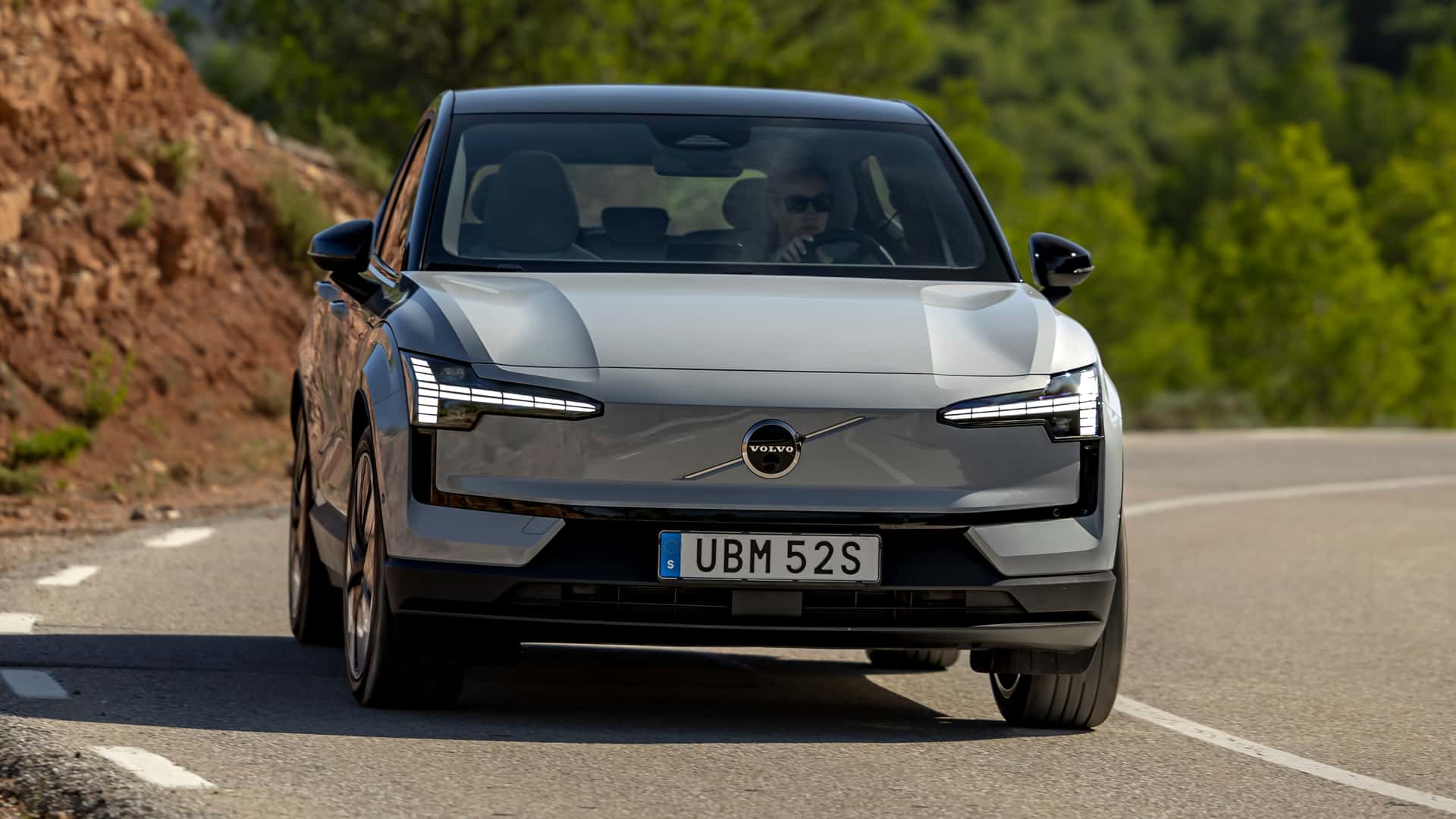Data from thousands of EVs shows the average daily driving distance is a small percentage of the EPA range of most EVs.
For years, range anxiety has been a major barrier to wider EV adoption in the U.S. It’s a common fear: imagine being in the middle of nowhere, with 5% juice remaining in your battery, and nowhere to charge. A nightmare nobody ever wants to experience, right? But a new study proves that in the real world, that’s a highly improbable scenario.
After analyzing information from 18,000 EVs across all 50 U.S. states, battery health and data start-up Recurrent found something we sort of knew but took for granted. The average distance Americans cover daily constitutes only a small percentage of what EVs are capable of covering thanks to modern-day battery and powertrain systems.
The study revealed that depending on the state, the average daily driving distance for EVs was between 20 and 45 miles, consuming only 8 to 16% of a battery’s EPA-rated range. Most EVs on sale today in the U.S. offer around 250 miles of range, and many models are capable of covering over 300 miles.



This is utter horseshit. Gas cars fail way more because they have way more parts and all of those parts require more maintenance.
I would know, I bought a house and put a kid through college with the money I made fixing gas cars and now I’m changing careers cause EVs are taking over and they rarely break.
The batteries degrade over time slowly, especially compared to gas engines. Just compare the warranties! Gas drivetrains get 3 year / 36k mile warranties. EV battery warranties are 8-10 years.
Um…
You know that Hyundai has a 10 Year, 100k mi Engine warranty, right?
Yes I know that. Because they are the only one that does. That’s why it’s called cherry picking.